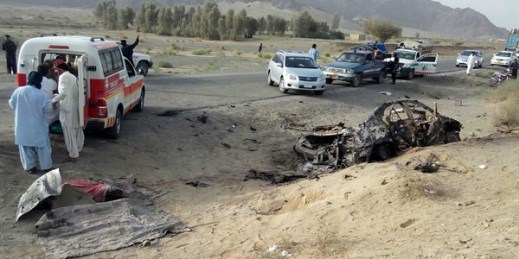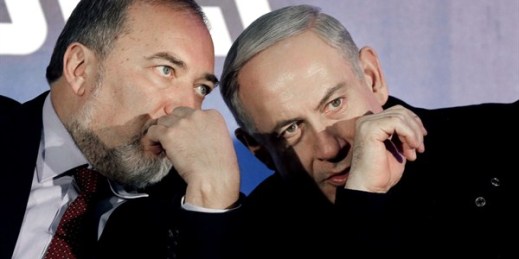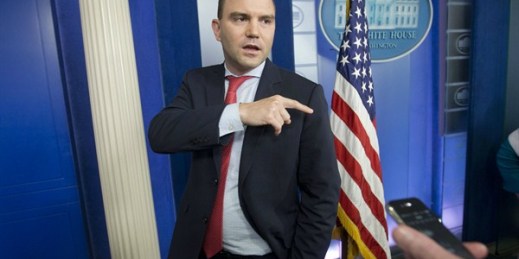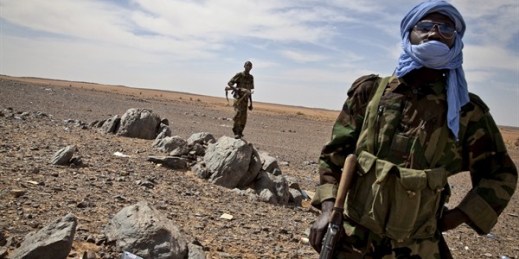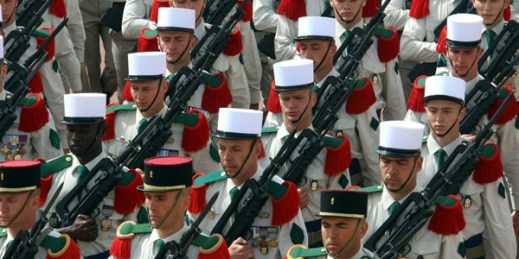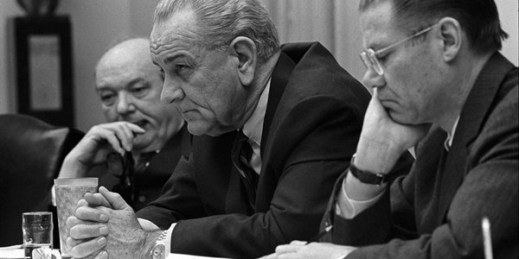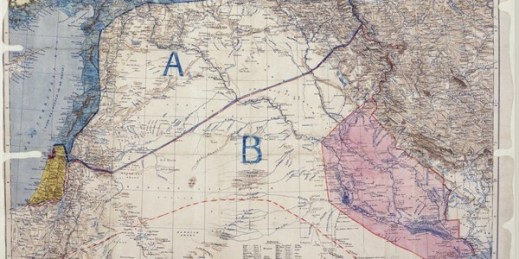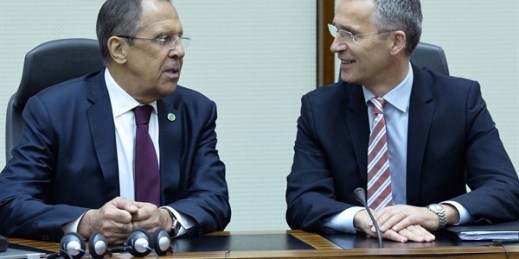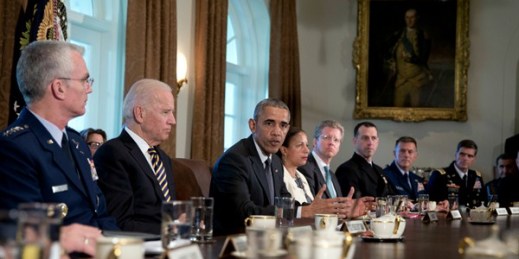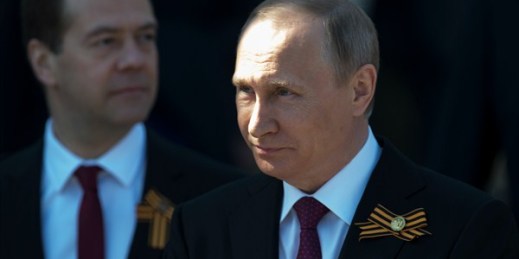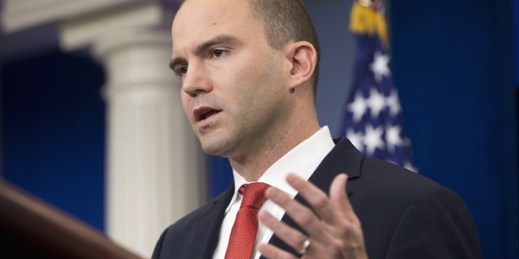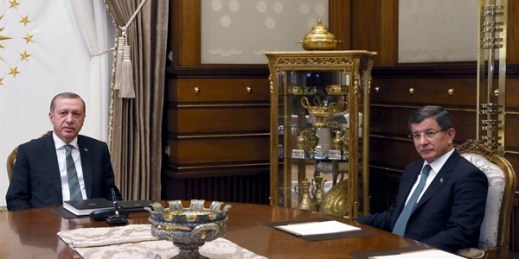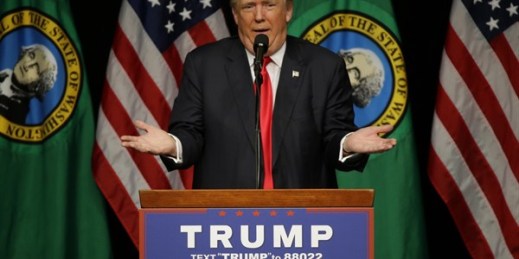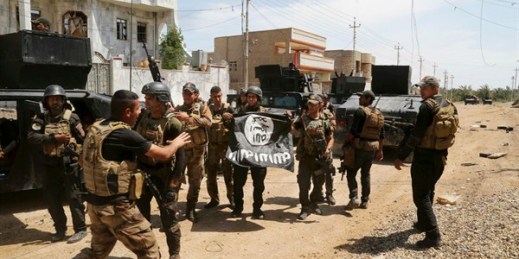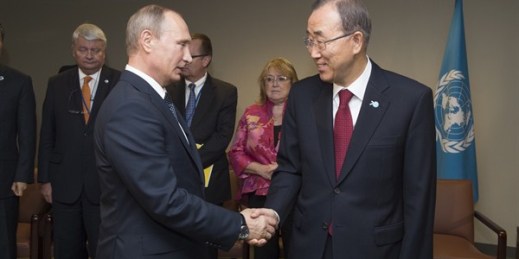
Editor’s note: Ellen Laipson’s Measured Response column will return next week. For how long will Vladimir Putin be a decisive figure at the United Nations? The Russian president has rarely visited Turtle Bay. But his unique mix of diplomatic aggression and agility has profoundly affected the institution over the past five years. Putin has used Russia’s veto in the Security Council to set the terms of debate over Syria and Ukraine. Moscow has also pointedly complicated Western initiatives to deal with crises in places where Russia has few deep interests, like Sudan and Burundi. Yet Russia has also been adept […]

